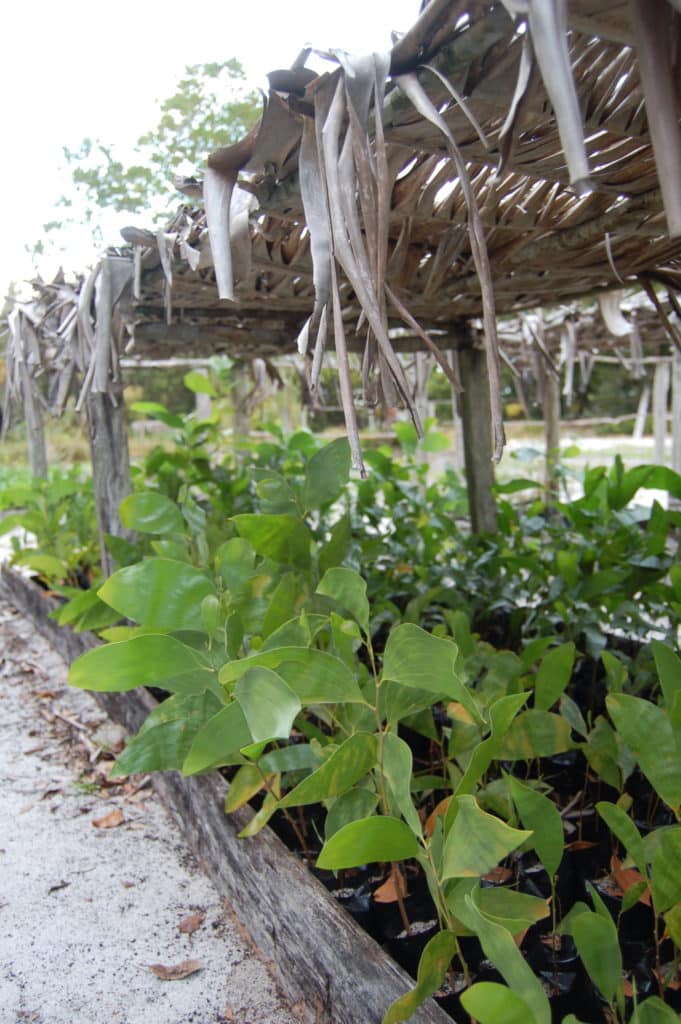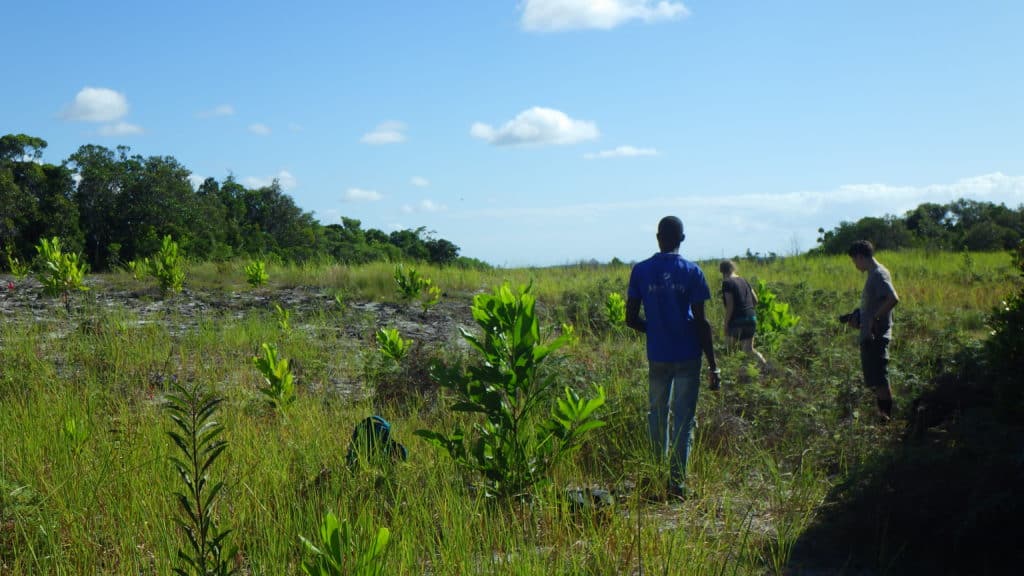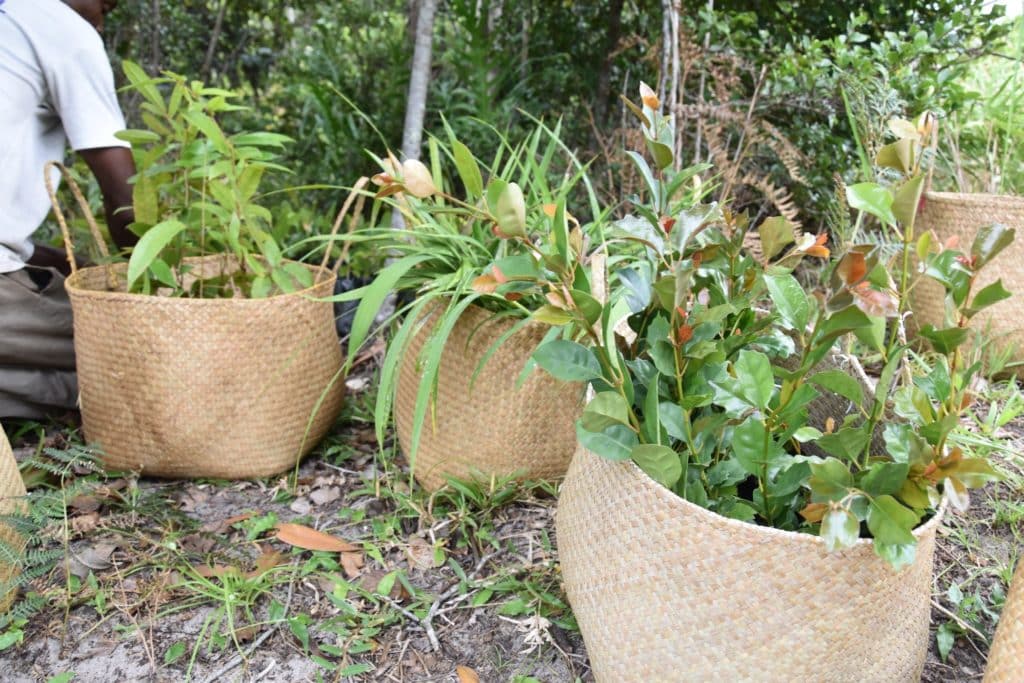At times news from Madagascar can be bleak, with regular reports from the country about deforestation, threatened species, widespread disease and extreme poverty. Now, on top of that, there is a global pandemic. But there is hope! Amidst all the negative news, staff at SEED Madagascar are working hard to ensure that conservation success continues in Anosy, a remote region of southeast Madagascar.
SEED stands for Sustainable Environment, Education & Development. SEED is working towards protecting the unique local biodiversity and supporting sustainable livelihoods in rural communities by taking a multi-faceted approach which consists of local capacity building, community engagement, and habitat and species conservation. As an organisation, we firmly believe that celebrating conservation successes provides highly useful lessons, helping to inform future conservation actions that support both the Malagasy people and the native wildlife.
SEED’s team is approximately 30% international and 70% Malagasy, and works across environmental and health issues. Collaboration between international and Malagasy staff ensures projects and programmes are underpinned by both essential regional knowledge and international best practice. SEED’s conservation strategy is achieved through various projects, the largest of which is currently Project Ala.
Project Ala aims to increase and improve viable habitat for the three nocturnal species of lemur in Sainte Luce littoral forest, through corridor reforestation. We are planting four habitat corridors between five isolated forest remnants in Sainte Luce. This aims to reconnect viable lemur habitat and increase connected forest habitat by 58ha (109%). Watch this video to learn more.

The nursery in Sainte Luce
In January 2020 we completed an important step: we planted eleven different species of native pioneer plants in the designated corridor areas. We chose native species based on their ability to grow quickly and to colonise degraded landscapes. We are also planting some fast-growing, non-native species. Once the corridors are established the non-native species will be sustainably logged by the landowners, providing an alternative income in return for their involvement in the project. We plant all seedlings three meters apart to give them space, and we make sure to plant two native seedlings for each non-native seedling. This strategy is proving to be a success! One-month survival surveys found both non-native and native pioneer seedlings in each corridor to have a survival rate of greater than 75%.

Our seedlings are growing!
Looking ahead to next year we look forward to planting a further 12 native plant species. These are characteristically slower growing and favour forest gaps, and will require the growth of pioneer species to create the right conditions. But we are hopeful that things will turn out well.
While the world experiences these unprecedented times, the determination of our national team and local guides to continue key monitoring and research highlights their commitment to conservation success. SEED is incredibly proud to have a team that is showing great resilience, open to learning new skills and taking leadership roles. We are excited to be a new member of the ConservationNOW network, and we look forward to having many conversations about conservation success and lessons.

Some of the seedlings we are planting!


